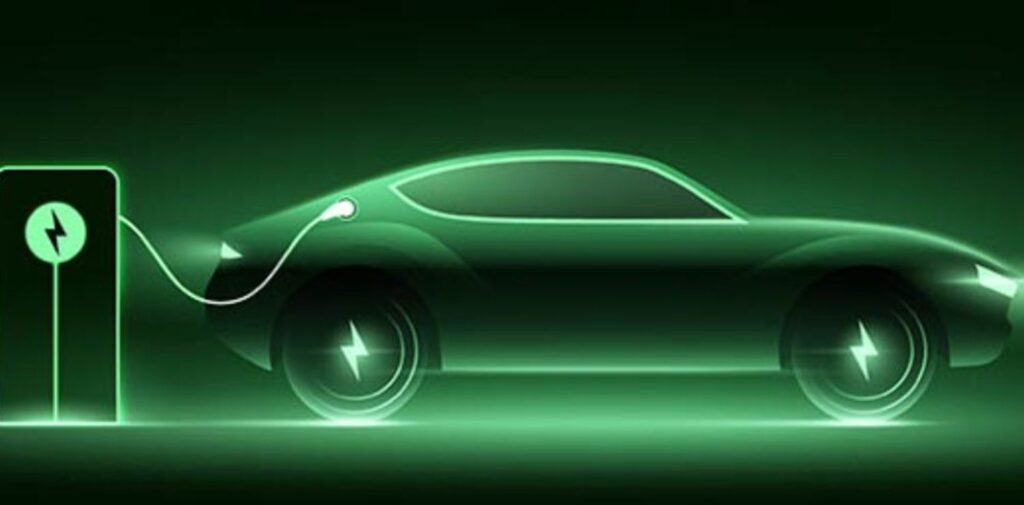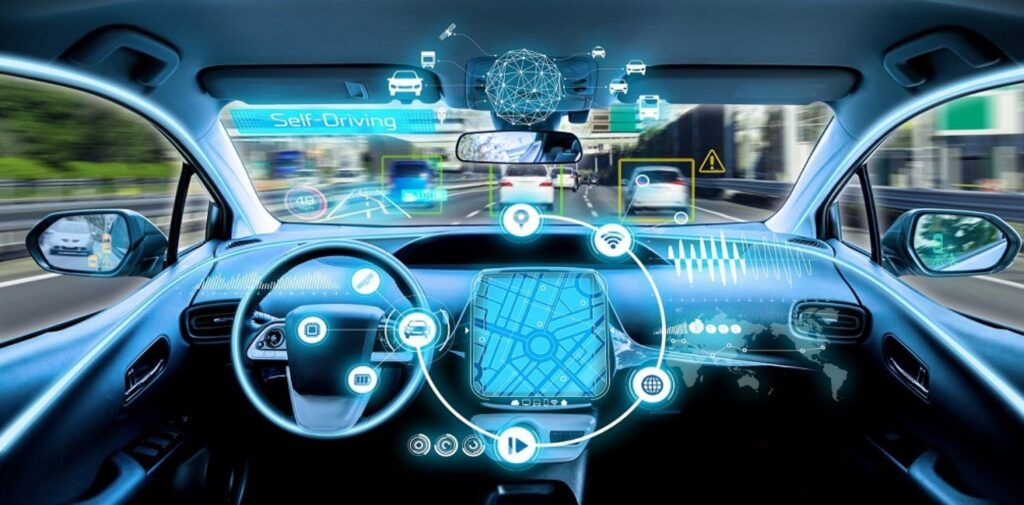The automobile industry in India is undergoing a revolutionary transformation. Once dominated by a few global players and a handful of domestic manufacturers, today, it is witnessing a surge in innovation, modernization, and the adoption of cutting-edge technologies. With an ever-growing population, a thriving middle class, and a keen interest in sustainable development, India is becoming a hotspot for new automotive ideas and advancements. This shift is not only changing how vehicles are designed and manufactured but also how they are driven, sold, and used. Let’s take a closer look at how India is fostering innovation in its automobile industry.
Government Support and Policies: Creating a Nurturing Environment
One of the primary factors driving innovation in India’s automobile industry is strong government support. Over the years, the Indian government has introduced several initiatives to encourage the development and adoption of new technologies in the automobile sector. One of the most prominent efforts is the FAME India (Faster Adoption and Manufacturing of Hybrid and Electric Vehicles) Scheme, which promotes the use of electric vehicles (EVs). This initiative is playing a key role in encouraging both manufacturers and consumers to adopt electric mobility.
Additionally, the government has rolled out the National Electric Mobility Mission Plan, which aims to achieve a significant share of electric vehicles on Indian roads by 2030. The vision is not only to reduce dependency on fossil fuels but also to improve the environmental quality by reducing emissions. Moreover, the Automotive Mission Plan aims to make India the world’s third-largest automobile manufacturer by 2026, ensuring that the country is prepared to lead in both innovation and manufacturing.
These policies have attracted significant investments and have given Indian manufacturers the confidence to explore new technologies, from electric and hybrid vehicles to autonomous driving systems and smart features.

Rise of Electric Vehicles: A Green Revolution in the Making
India’s automobile industry is undergoing a significant shift towards electric vehicles. This shift is primarily driven by the growing concerns over air pollution and rising fuel prices. Cities like Delhi, Mumbai, and Bengaluru face severe air quality issues, which have prompted both the government and consumers to consider cleaner alternatives.
The adoption of electric vehicles in India is gaining momentum, with companies like Tata Motors, Mahindra Electric, and Ather Energy leading the charge. Tata Motors, for instance, launched the Tata Nexon EV, an electric SUV, which has become highly popular in the Indian market. Meanwhile, Ather Energy has developed electric scooters that cater to urban commuters seeking a more sustainable way of traveling.
In addition to these established companies, several startups are working on developing electric vehicles tailored to Indian conditions. For instance, companies like Ola Electric have developed affordable electric scooters that are expected to dominate the two-wheeler segment. These innovations are not only helping in reducing carbon emissions but are also setting a precedent for other developing countries to follow.
Technological Advancements: Making Cars Smarter and Safer
Technology is transforming the way cars are designed, built, and operated. One of the most exciting developments in the Indian automobile industry is the increasing integration of smart technologies into vehicles. Indian car manufacturers are incorporating advanced features such as connected car technology, infotainment systems, autonomous driving capabilities, and advanced driver assistance systems (ADAS).
For example, Mahindra and Tata Motors have developed connected car technologies that allow drivers to control various vehicle functions remotely through their smartphones. These include locking or unlocking the car, starting the engine, or even checking the vehicle’s health status. With the rise of Internet of Things (IoT) in the automotive sector, more and more vehicles are becoming integrated with digital platforms that enhance the overall user experience.
Additionally, safety features have also improved significantly. Modern vehicles now come equipped with safety systems such as lane departure warnings, emergency braking systems, and blind-spot monitoring, which were once exclusive to high-end cars but are now available in more affordable models. These technological advancements have made driving safer and more convenient, especially in the increasingly crowded Indian roads.

Boosting Domestic Manufacturing and Local Innovation
India’s automobile sector is not just about adopting global technologies; it is also about encouraging local innovation. Over the years, Indian companies have started focusing on developing products that are tailored to the unique needs of the domestic market. Factors like cost-effectiveness, fuel efficiency, and road conditions in India play a significant role in how vehicles are designed.
Take, for example, Maruti Suzuki, which has been the leader in manufacturing compact cars for the Indian market. The company focuses on creating affordable, fuel-efficient cars that are easy to maintain and repair. Another example is Bajaj Auto, which has led the development of high-quality yet affordable two-wheelers. Bajaj’s motorcycles and scooters cater to the needs of a large portion of the Indian population who rely on two-wheelers for daily commuting.
At the same time, many domestic manufacturers are investing in Research and Development (R&D) to come up with innovative solutions that make cars more suitable for Indian conditions. For example, Tata Motors has developed rugged vehicles like the Tata Hexa and Tata Safari that can handle tough terrains and are well-suited for rural as well as urban areas. The focus on local needs ensures that the vehicles are not just globally competitive but also highly practical for the average Indian consumer.
Encouraging Startups: A New Wave of Innovation
In recent years, India has seen the rise of numerous automobile startups that are pushing the envelope when it comes to innovation. These startups are focusing on everything from electric vehicles and sustainable manufacturing to improving the driving experience through artificial intelligence.
For instance, Revolt Motors has emerged as a leading electric motorcycle company, producing smart electric bikes that can be controlled via an app. Another promising startup, Euler Motors, is designing electric commercial vehicles, specifically for last-mile delivery solutions, targeting urban logistics needs.
These startups are not only creating products that are innovative but are also contributing to the creation of a sustainable ecosystem for the automobile industry in India. They are building new business models, introducing new financing options, and partnering with various players to create a green and connected future for mobility.

Future Prospects: India’s Road Ahead
The future of India’s automobile industry is bright, as innovation continues to be at the core of its growth. The country’s shift towards electric mobility, advanced technologies, and a focus on sustainable manufacturing is setting the stage for India to become a global leader in the automobile sector.
However, there are still challenges that need to be addressed. The high cost of electric vehicles, insufficient charging infrastructure, and the need for more skilled workers are some of the hurdles that need to be overcome. But with the government’s continuous push, growing consumer interest, and the active participation of both established players and startups, India is on the right track.
In the coming years, India is likely to witness more electric vehicles on the roads, a further push for digitization, and even greater adoption of environmentally friendly technologies. As the world’s third-largest automobile market, India’s innovations are expected to influence global trends, making the country a key player in the future of the automotive industry.
Conclusion: the Automobile Industry
India’s automobile industry is currently at a crossroads, filled with opportunities and challenges alike. With government support, technological advancements, and a growing focus on sustainability, India is transforming itself into an innovation hub for the global automobile industry. The rise of electric vehicles, smarter cars, and a new wave of startups is ensuring that the country is not just keeping up with global trends but also leading them. The road ahead is long, but India’s drive for innovation in the automobile industry is sure to pave the way for a brighter and greener future.




